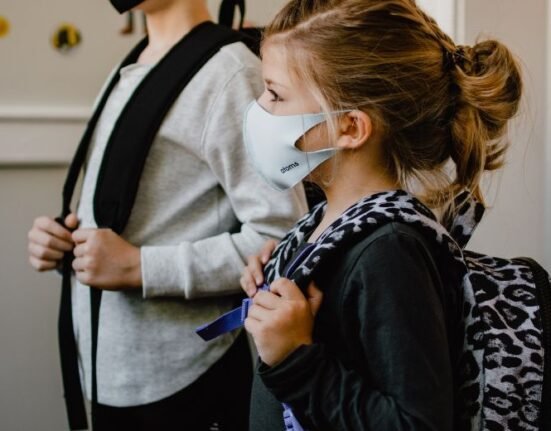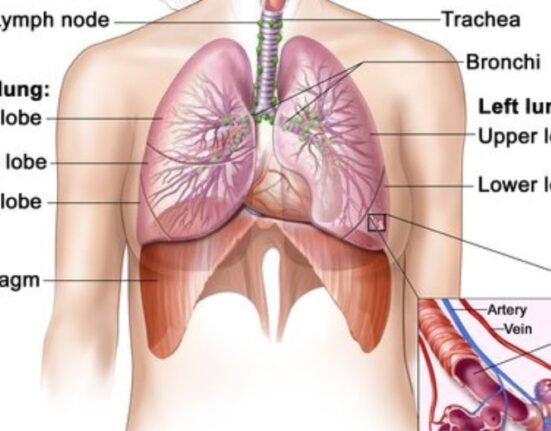HQ Team
May 6, 2023: The World Health Organization has terminated its public emergency status for COVID-19 and told nations to transition to long-term management of the disease that has claimed about seven million lives so far.
“Yesterday, the Emergency Committee met for the 15th time and recommended to me that I declare an end to the public health emergency of international concern,” WHO Director-General Dr Tedros Adhanom Ghebreyesus said in a statement.
“I have accepted that advice. It is, therefore, with great hope that I declare COVID-19 over as a global health emergency. However, that does not mean COVID-19 is over as a global health threat.”
Last week, COVID-19 claimed a life every three minutes — and that’s the deaths we know about. “As we speak, thousands worldwide fight for their lives in intensive care units.
“Almost 7 million deaths have been reported to WHO, but we know the toll is several times higher – at least 20 million,” Mr Tedros said.
Highest health alarm
The Public Health Emergency of International Concern (PHEIC) status for coronavirus was declared in January 2020. It is the highest level of health alarm under international law.
The International Health Regulations (2005) Emergency Committee met on May 4 to discuss the COVID-19 pandemic amid a decline in global deaths, hospitalisations, and intensive care unit admissions.
The committee considered the three criteria of a PHEIC. Firstly, whether COVID-19 continues to constitute an extraordinary event, a public health risk to other states through the international spread, and potentially requires a coordinated international response.
The group discussed the current status of the COVID-19 pandemic. “They acknowledged that, although SARS-CoV-2 has been and will continue circulating widely and evolving, it is no longer an unusual or unexpected event,” according to an emailed statement from the WHO.
“I emphasise that this is not a snap decision. It is a decision that has been considered carefully, planned for, and made based on careful data analysis,” Mr Tedros said.
Long-term management
“If need be, I will not hesitate to convene another Emergency Committee should COVID-19 again put our world in peril.”
Mr Tedros said that surveillance reporting to WHO had declined significantly, that there continues to be inequitable access to life-saving interventions, and that pandemic fatigue continues to grow.
The WHO announced the 2023-2025 COVID-19 Strategic Preparedness and Response Plan, designed to guide countries in transitioning to long-term management of COVID-19, this week.
The plan outlines important actions for countries to consider: collaborative surveillance, community protection, safe and scalable care, access to countermeasures, and emergency coordination.
While the global risk assessment of the COVID-19 virus remains high, there was evidence of declining risks to human health driven mainly by high population-level immunity from infection and vaccination.
The WHO stated a “consistent virulence of currently circulating SARS-CoV-2 Omicron sub-lineages compared to previously circulating Omicron sub-lineages; and improved clinical case management.” “While SARS-CoV-2 continues to evolve, the currently circulating variants do not appear to be associated with increased severity.”
Vaccines, diagnostics
Globally, 13.3 billion doses of COVID-19 vaccines have been administered. Currently, 89% of health workers and 82% of adults over 60 have completed the primary series, although coverage in these priority groups varies in different regions, according to the WHO.
The end of the public health emergency of international concern will not affect access to vaccines and diagnostics, and they will be able to access them, provided the manufacturers continue production.
“While the PHEIC has been a valuable instrument to support the global response to COVID-19, the committee agreed that the time is right to move towards the long-term management of SARS-CoV-2 as an ongoing health issue,” Mr Tedros said.
‘Emergency for family’
Dr Michael Ryan, Executive Director of the WHO Health Emergencies Programme, said COVID has ended as an emergency from a global perspective. However, COVID is still an emergency for a family with a loved one who contracts COVID today and needs to go to the hospital.
“That is still an emergency; that’s an emergency for a family; it’s an emergency for a community.”
Dr Maria Van Kerkhove, Technical Lead of COVID-19, WHO Health Emergencies Programme, echoed Ryan’s views and said that the COVID-19 virus will continue to cause waves epidemiologically.
“We are hopeful that we have the tools in place to ensure that the future waves do not result in more severe disease, don’t result in waves of death, and we can do that with the tools we have at hand.
“We just need to ensure we are tracking the virus because it will continue to evolve.
“The crisis phase, the emergency phase is over, but COVID is not.”








